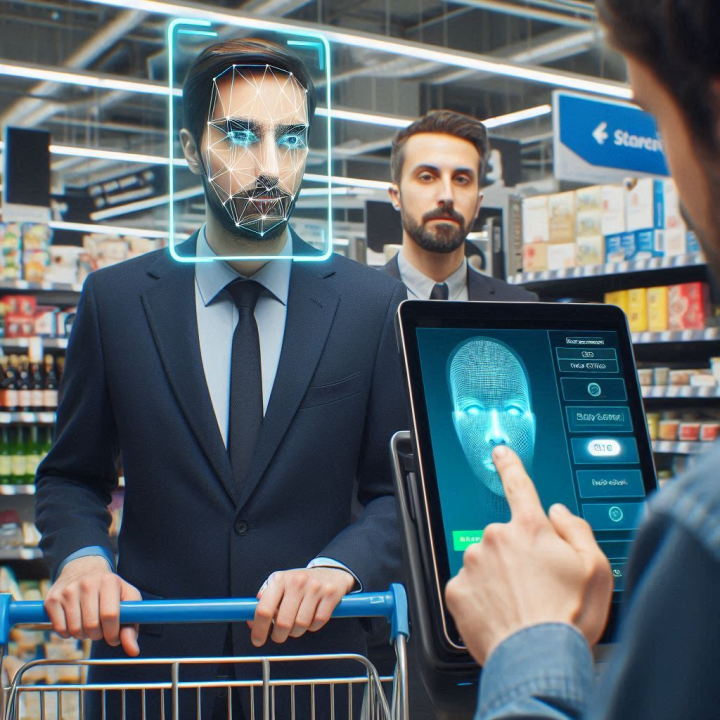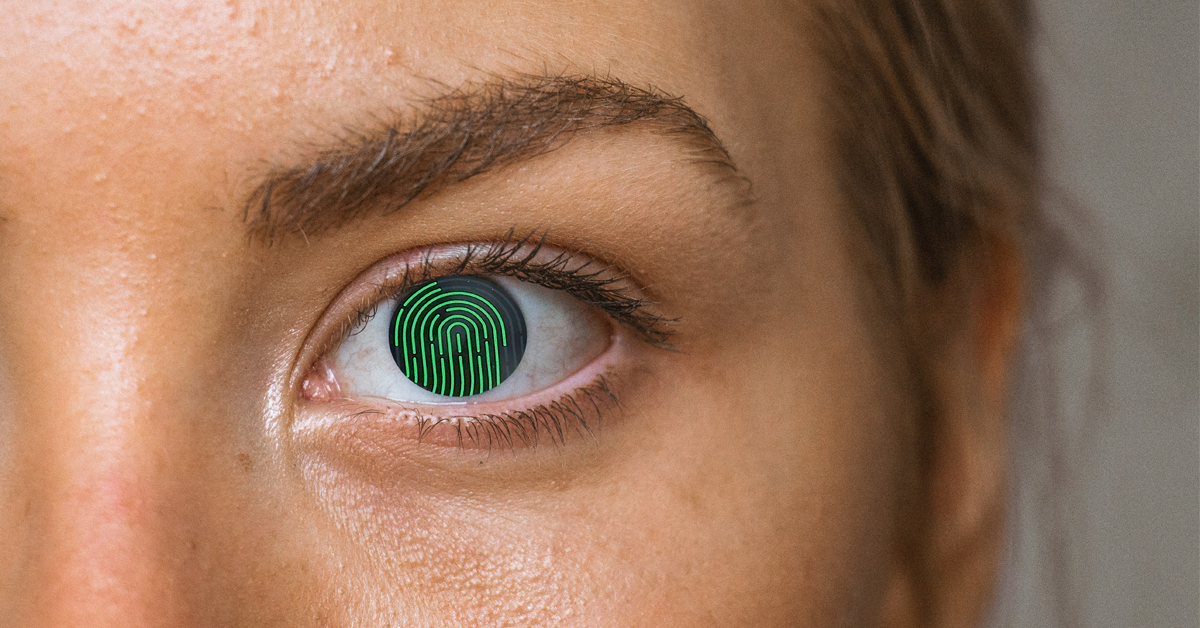Or is it Simply a Vague Global Accusation?
A recent malfunction at a facial recognition vending machine at the University of Waterloo sent shivers down many spines (see article here). While the Swiss company Invenda Group AG clarified that the machines use facial analysis, not recognition, to gather anonymized demographic data, the incident highlights broader concerns about the silent, invisible collection of biometric data in retail settings.
The Issues:
- Unauthorized Data Collection: The vending machine issue raises questions about the extent to which facial recognition technology is being used in retail without our knowledge or consent.
- Privacy and Security Risks: The collection of biometric data like facial scans poses significant privacy risks in case of data breaches or misuse.
- Disparate Impact: Facial recognition technology has been shown to have a disproportionate negative impact on marginalized and racialized communities due to accuracy issues.
- Lack of Regulations: Current regulations may not be robust enough to protect consumers from the potential harms of facial recognition technology.
- Consumer Discomfort: Many consumers express discomfort with the invasive nature of facial recognition technology.
Conclusion: Striking the Right Balance
Facial recognition technology offers potential benefits, but its use in retail (and elsewhere) needs careful consideration. We need a clear distinction between anonymized data collection for demographic analysis and facial recognition for identification. Transparency and consumer choice are crucial.
Rather than fearing being watched, the real concern should be the silent, invisible collection of biometric data without our knowledge or consent. We must prioritize robust regulations and responsible use of this powerful technology to avoid creating a world of confusion that could prevent us from developing biometrics in a way that benefits everyone.






